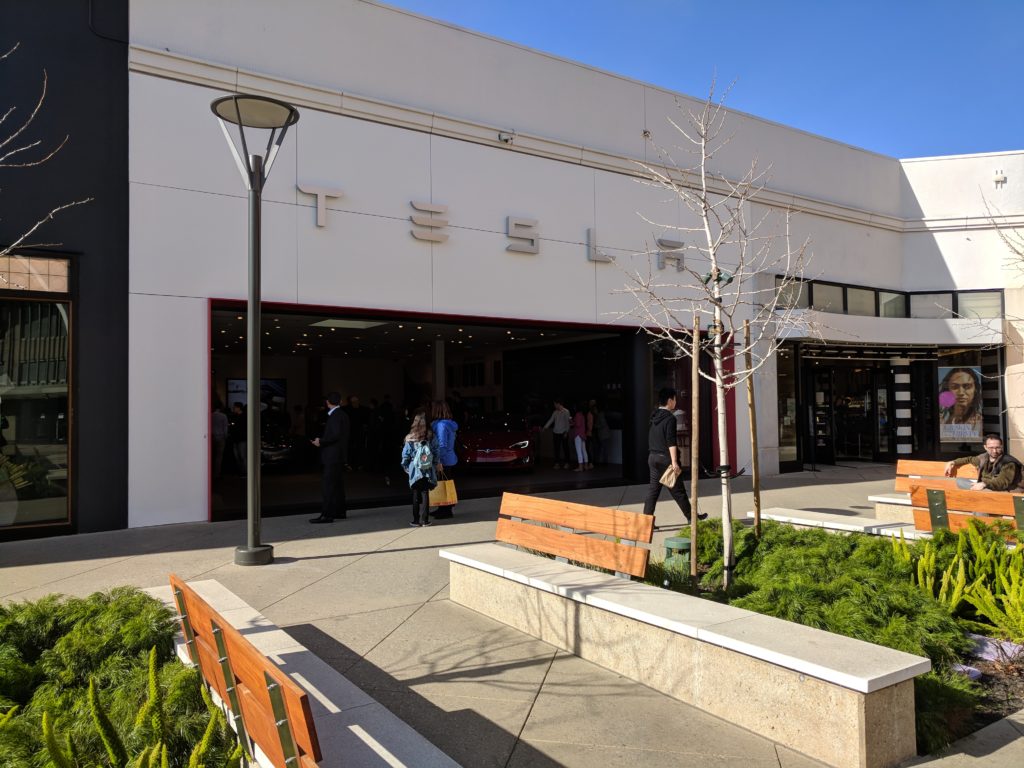Teslarati
4w
204

Image Credit: Teslarati
Tesla, Rivian still face complicated direct sales laws across U.S. states
- Executives from both Tesla and Rivian have commented on the decades-long fight to overturn direct vehicle sales bans across many U.S. states, reigniting a long-held conversation in the electric vehicle (EV) community about dealership policy lobbying groups and online sales models.
- Tesla has managed to side-step direct sales bans in many states through legal loopholes such as leasing-only models, processing purchases as out-of-state transactions, or simply opening stores in exempted tribal territories where the company’s stores will be exempt from dealership mandates.
- In Connecticut last July, Tesla managed to open a store on sovereign Mohegan tribal land, effectively side-stepping the U.S. state’s ability to prohibit direct sales.
- Other states have bans on service centers, storefronts, or both, while some only allow Tesla to sell vehicles online, though they must make deliveries through a service center.
- As such, the state-to-state laws can be difficult for EV companies like Tesla and Rivian to wade through and operate under.
- Rivian CEO RJ Scaringe said that dealership franchise laws were “as close as you can get to corruption,” as stated during a discussion with InsideEVs.
- Tesla VP of Finance Sendil Palani shared his thoughts in a post on Saturday, praising the company’s local teams in states where direct sales are actively banned.
- U.S. states with bans on direct sales models like at Tesla, Rivian: Alabama, Arkansas, Connecticut, Iowa, Kansas, Kentucky, Louisiana, Nebraska, New Mexico, Oklahoma, South Carolina, Texas, West Virginia, and Wisconsin.
- U.S. states with store limits on direct sales models like at Tesla, Rivian: Illinois, Maryland, Mississippi, New Jersey, New York, North Carolina, Ohio, Pennsylvania, and Virginia.
- Some states only allow Tesla to sell vehicles online, though they must make deliveries through a service center.
Read Full Article
12 Likes
For uninterrupted reading, download the app